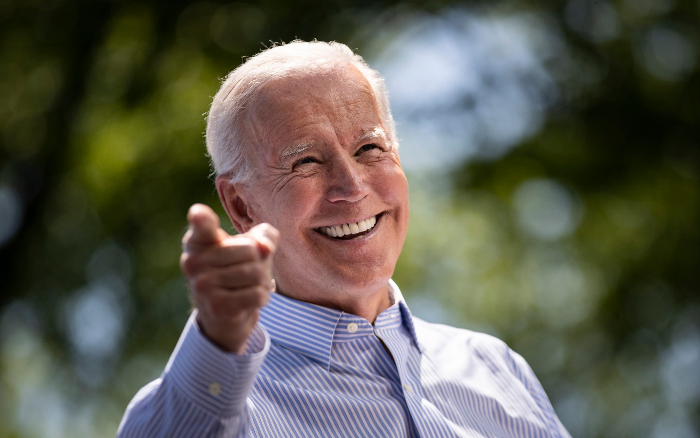Breaking: Biden Drops Out, Endorses Harris In Shocking Turn Of Events
The Democratic National Convention (DNC) has confirmed President Joe Biden as the incumbent candidate for the upcoming November election.
The decision, finalized by the DNC’s Rules Committee, involves a virtual roll call nomination that will occur from August 1 to August 7, just before the party’s in-person convention in Chicago.
Trending: Secret Service Denied Trump’s Security Pleas Amid Assassination Attempts
The Rules Committee met on Friday to deliberate on the nomination process, ultimately deciding not to take formal votes on the matter.Instead, they proceeded with the plan to conduct a virtual roll call, a move that has sparked significant discourse within the political landscape.

The virtual format means delegates will be unable to physically stand, voice their opinions, and be heard by the entire Democratic Party, a tradition that has been a staple of past conventions.
The decision to hold a virtual roll call raises questions about the Democratic Party’s confidence in their incumbent candidate and the overall transparency of their nomination process.
Trending: J.D. Vance Blocks Biden Nominees Over LGBT Agenda – Leaked Memo
This approach can be seen as a strategic move to control the narrative and avoid potential public dissent or challenges within the party ranks.
Critics from the conservative camp argue that the virtual nomination process is indicative of a broader issue within the Democratic Party—a reluctance to engage in open and transparent debate.
The decision to bypass a traditional in-person roll call can be perceived as an attempt to shield the party from internal conflicts and present a unified front, despite underlying fractures.
Get more information on this story HERE >>>
